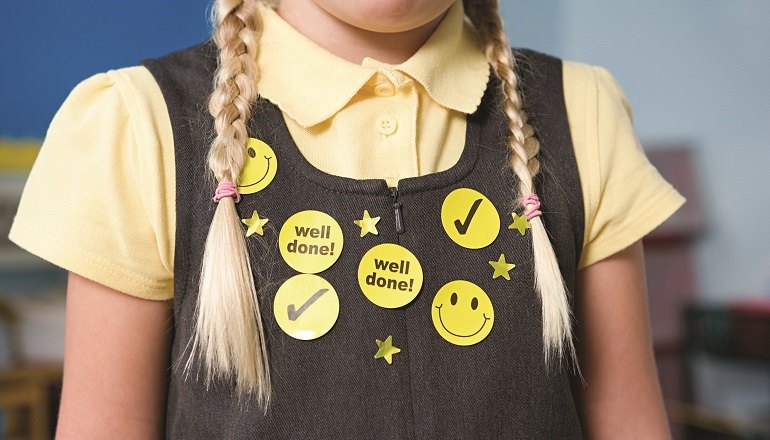Emily was a talented gymnast—and clearly athletic—but she would not try ice-skating. She didn’t know how to skate, and she wasn’t open to the idea of a learning curve, so she missed out on an activity that the rest of the family loved.
Although preteens seem too young to worry about being perfect, the drive for perfection does appear in some children of this age. Beyond performing well in school, sports, and extracurricular activities, perfectionist kids need to excel at everything. Sometimes, as with Emily, they are so afraid to fail, they won’t even try.
The Need to Please
Where does such behavior come from? The drive for perfection is not motivated by pressure from peers, but by the wish to please parents (and sometimes teachers and coaches). For many parents, fulfilling the American dream means giving their children the opportunities they never had themselves—competitive private schools, piano lessons, traveling soccer teams. The problem is, this may put undue pressure on kids not to disappoint their parents.
Children have different personalities, so their behaviors will vary in response to this perceived pressure. Some appear eager to please; some actually thrive on hyper-scheduling. In some cases, pressures lead to anxiety, anger, or other emotional breakdowns. There may be physical symptoms, like headaches, weight loss, or trouble sleeping. Parents often overlook the meaning of these symptoms by linking them to a particular situation (a test or a big game coming up), rather than to a general striving for perfection and the constant stress that it brings.
For adopted children, there is another consideration. Some children harbor fantasies that they were placed for adoption because something was wrong with them. They believe that if they are perfect, they will not be abandoned again. I know of one little girl who trailed adults like a puppy dog. She found ways to help adults with chores, rather than play with other kids. She even helped her friend’s mom put away groceries instead of playing with her friend. Her parents reminded her that she was placed for adoption because her birth mother could not take care of any baby at the time, and emphasized that her adoption had nothing to do with her behavior as an infant.
Balancing Expectations
How else can you help your kids relax their standards? Watch the words you use. Take “perfect” out of your vocabulary and don’t use words like “brilliant” and “genius” when you praise your children. Say, “You’re a kind person,” “You’re a smart kid,” “You’re a good thinker,” or “You have good ideas.” Avoid the words that seem to pressure them to be perfect.
It is hard for parents to strike a balance between too much or too little in the way of expectations. Listen to your child, and think about what is right for her as an individual. There will be trial and error, but the time and attention you give to your child will reward you both.

